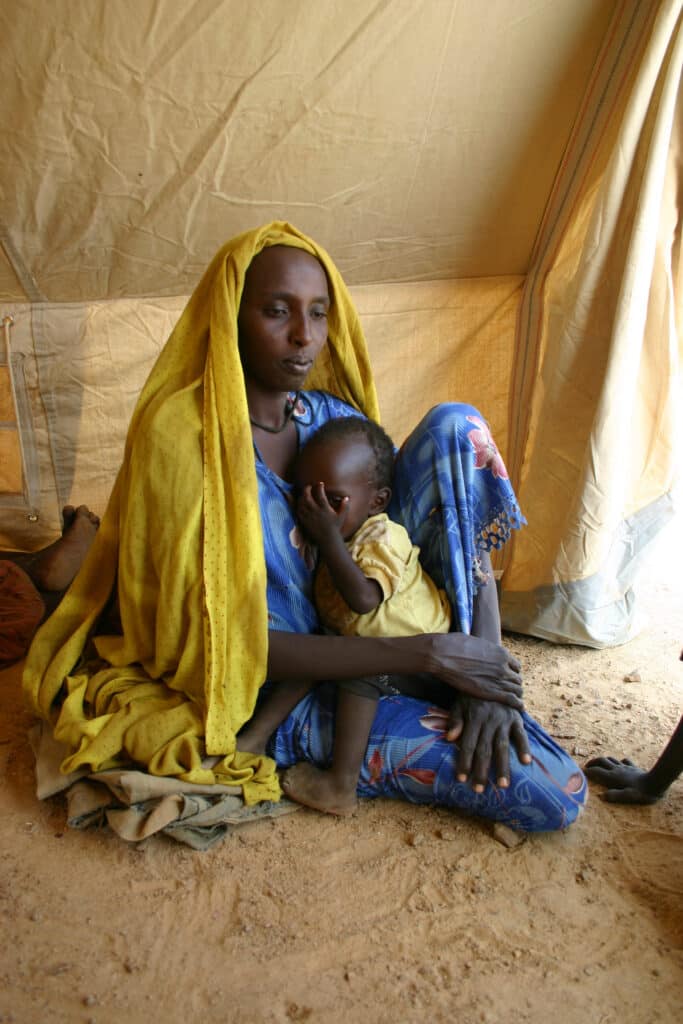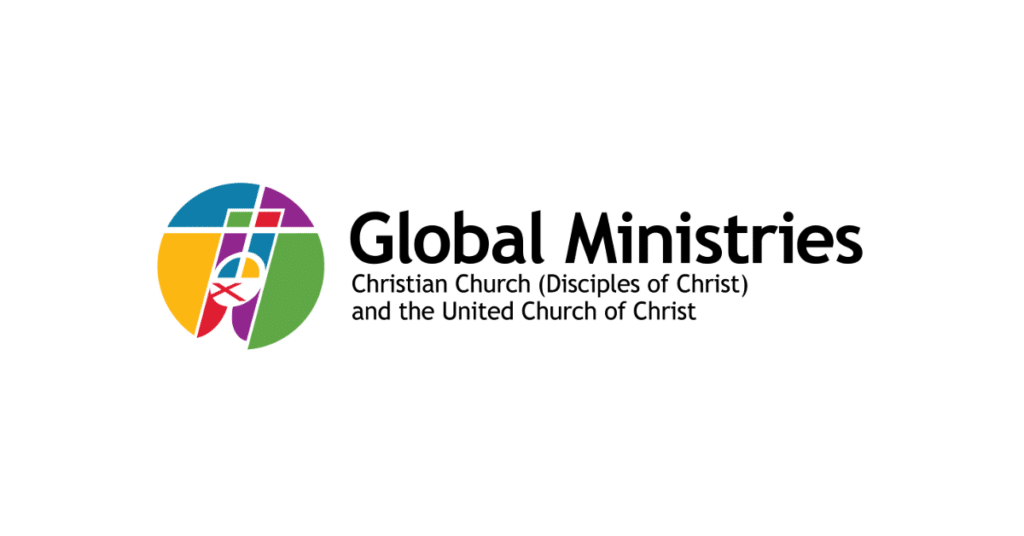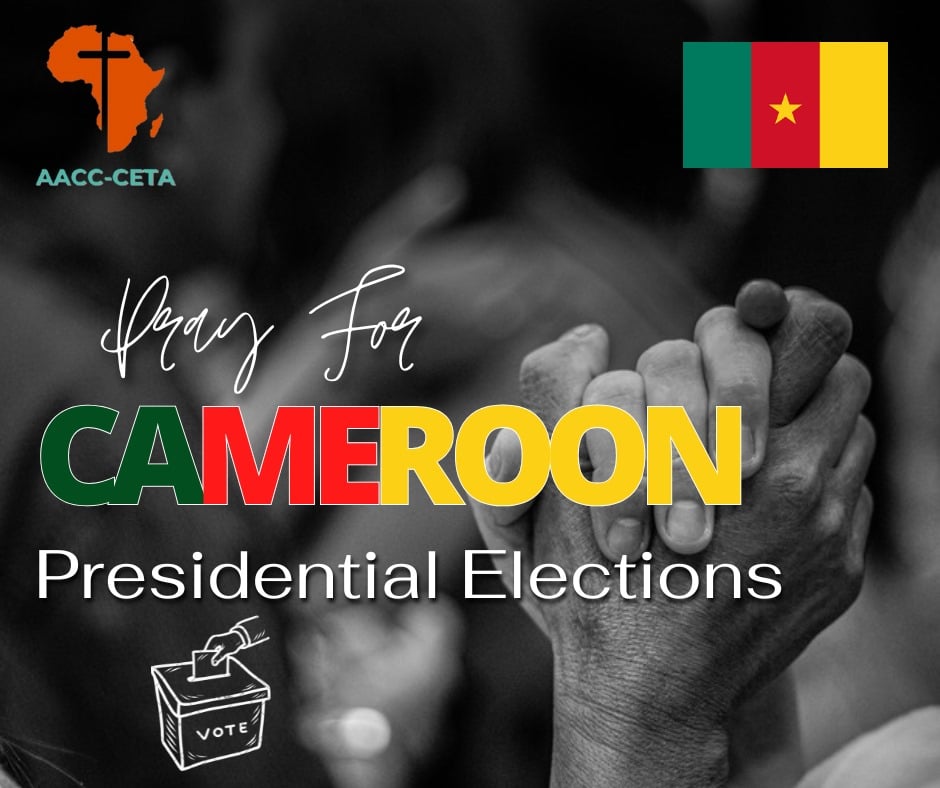United Theological College
Zimbabwe
The United Theological College (UTC), formerly Epworth Theological College was established in 1954 by the Methodist Church of Zimbabwe. UTC is coordinated by seven participating churches: United Church of Christ in Zimbabwe, the United Congregational Church in Southern Africa – Zimbabwe Synod (these first two are partner churches closely associated with Global Ministries), the Methodist Church in Zimbabwe, United Methodist Church, Evangelical Lutheran Church in Zimbabwe, United Presbyterian Church, and the African Methodist Episcopal Church. In 1955 these participating churches resolved to cooperate in sponsoring the college for the training of pastors and other church workers. Today it is the largest ecumenical theological training facility in Zimbabwe and is considered as one of the highest quality ecumenical colleges in the southern African region for the teaching of theological studies.
Graduate pastors and teachers of United Theological College are measurably impacting institutions throughout southern Africa. In addition to providing important leadership in local congregations and parishes, they are serving at schools, hospitals, the Africa University, and Dindura University of Science and Technology. Some graduates have gone on to become leaders of some of the member churches as Presidents, Moderators, Bishops, and General Secretaries.
Some areas of need include:
Computer Room and Library Computerization Project
The need for a user friendly modern Computer Room and Library cannot be ignored in an Academic Institution that exists in the 21st Century. Sadly, the UTC Computer-room and Library lacks the basic Computers for the readers which will make research easy and exciting. The existing computer room has five Pentium 1 Desk Tops which were donated to the College as second-hand some seventeen years ago. Students can only access internet connections from the Librarian’s Office or else they must go to the city center more than seven miles away. Although many books can be easily accessed online, UTC does not have facilities to enable the readers to access such material. The College administration has refurbished a room for use as a computer room with the capacity to host thirty computers which would all be linked online and to central printers. The computer room is fully installed with the power outlets and there is a small standby generator that will supply power in cases of power outages. The library computerization project is meant to make the library more user friendly as readers will be able to access e-learning and research thereby enabling fast, easy and cheaper ways or research.
Water and Sanitation Development
The continued failure of the Municipality of Harare to supply the United Theological College with running water is extremely unhealthy for the student population; the community is in constant fear of outbreaks of water-borne diseases. For the last four years, the municipal water has not been flowing through the normal water system and they have been forced to ferry water in from outside the campus. Currently, there is one borehole (powered by a diesel generator) that provides the UTC with water. People line up at this water point to get water for bathing and cooking. The water and sanitation experts have advised that at least three more boreholes need to be drilled in order to avert the risk of waterborne diseases.
The drilling of three more boreholes will allow water to be pumped into 50,000 liter water tanks which, in turn, would allow water to flow through the Campus water pipes enabling families and or individual households to access water through the normal water taps.
Medical Clinic Project
Being a big community of over four hundred people (including married students’ immediate families), there are quite a number of cases of minor illnesses which require basic medical attention that could be provided within the campus through a legally registered Campus Clinic. The size of the community and the nature of the educational programs require that there be a campus clinic which would treat minor ailments that require urgent attention without having to go to the referral hospitals. UTC has refurbished one of their buildings and applied for its registration as a campus clinic, so that it may provide the necessary health care to students. The registration process of this clinic structure has been done and operations will start pending the availability of medical drugs. The running costs of the Campus Clinic will be funded through a compulsory basic Health Care plan. The Health Care plan will be funded by the church denominations who are responsible for the fees of each student. Local church congregations and partners are being approached for assistance in the procurement of drugs to kick-start this project.
The interest of the UTC is to promote a holistic ministry of the church by empowering church leadership toward being visible and audible in their witness of God’s Kingdom. The training environment of UTC should provide room for a healthy learning environment. For residential students, there also must be room for healthy and normal life on campus. The above noted are basic needs that UTC must meet in order to operate as an institution which exists in the modern era. In this regard, United Theological College appreciates partners who support them in this service by contributing to the relevant aspects that help toward training and equipping the Pastor whose ministry is for the benefit of the whole community.
Support this Ministry
To make a gift for this ministry online or by check use the online donation page.
- 100% of your gift will be directed to United Theological College
- You will receive updates on the work in this area as they become available
- Share in the vision of God’s abundant life for all people
Related Content
Faith, Advocacy, and Solidarity Amid Sudan’s Deepening Crisis
Since April 2023, Sudan has been engulfed in a brutal conflict between the Sudanese Armed Forces...
Read More“Great Things are Happening at Global Ministries” fall webinar series
Global Ministries launched its "Great Things Are Happening at Global Ministries" fall webinar...
Read MoreAll Africa Conference of Churches Prayer Alert for Cameroon’s General Elections
Ecumenical Greetings from the Secretariat of the All Africa Conference of Churches. The...
Read More


